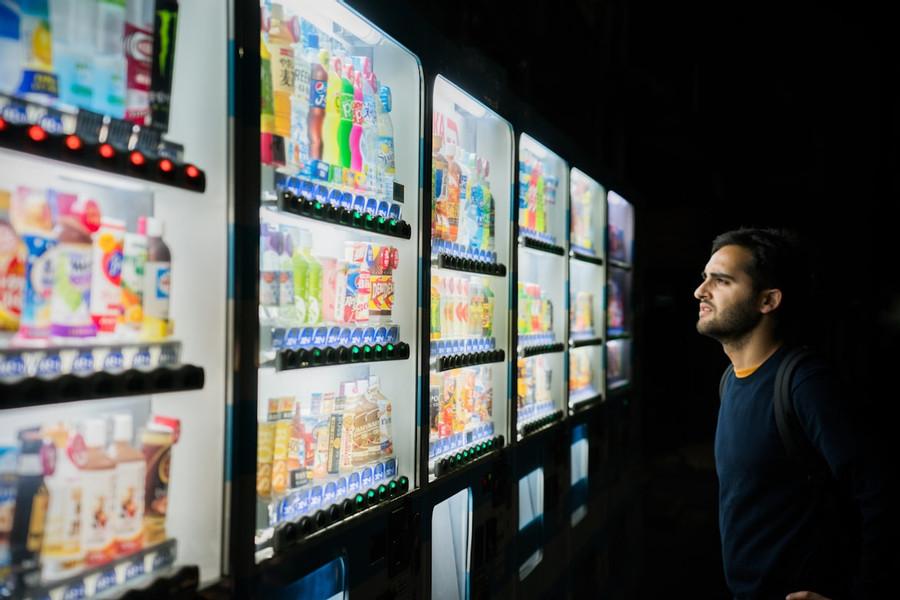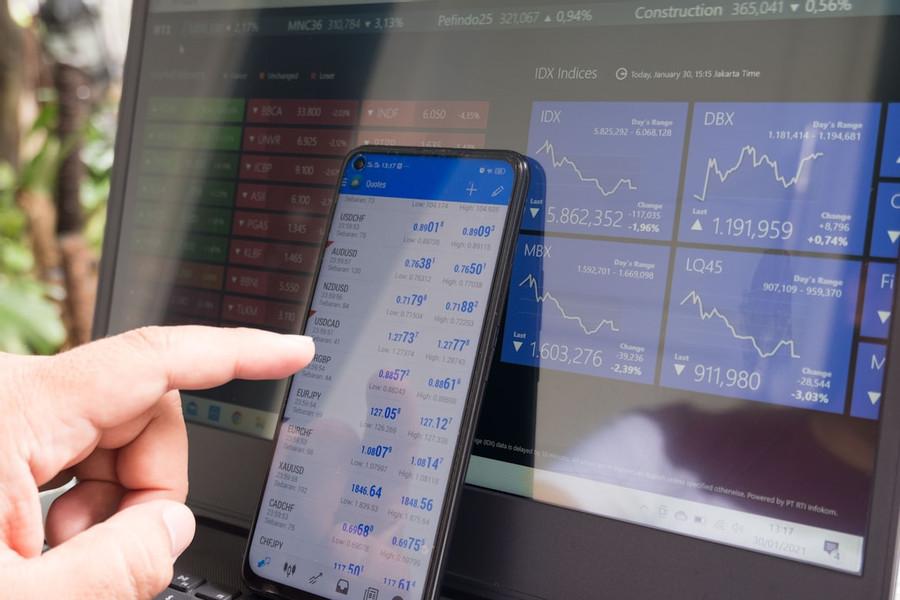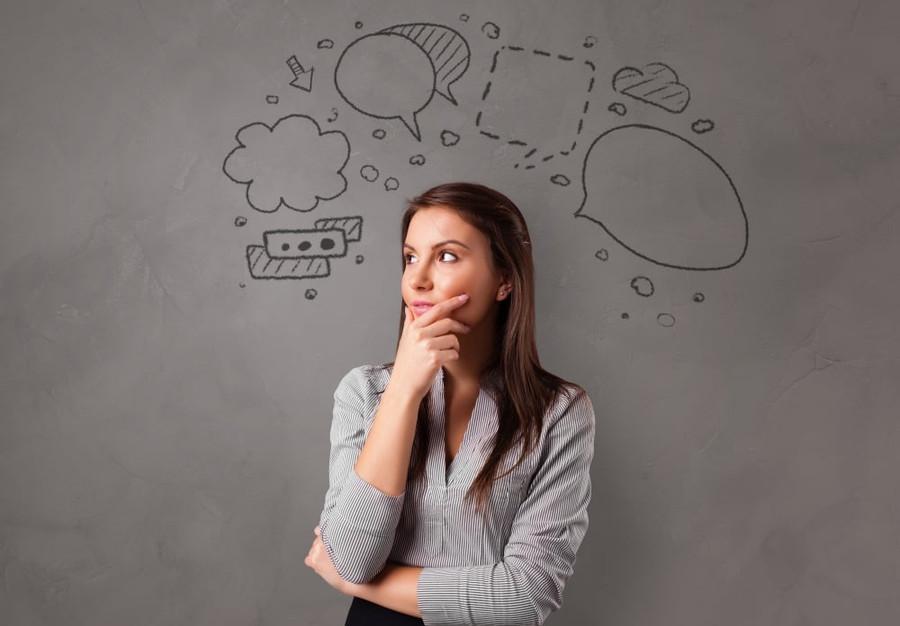An Introduction to Behavioral Economics
Curated from: behavioraleconomics.com
Ideas, facts & insights covering these topics:
14 ideas
·33.6K reads
168
1
Explore the World's Best Ideas
Join today and uncover 100+ curated journeys from 50+ topics. Unlock access to our mobile app with extensive features.
Behavioral Economics (BE)
BE uses psychological experimentation to develop theories about human decision-making and has identified a range of biases as a result of the way people think and feel.
BE is trying to change the way economists think about people’s perceptions of value and expressed preferences. According to BE, people are not always self-interested, benefits maximizing, and costs minimize individuals with stable preferences—our thinking is subject to insufficient knowledge, feedback, and processing capability, which often involves uncertainty and is affected by the context in which we make decisions.
414
4.91K reads
Rational Choice
In an ideal world, our decisions would be the result of a careful weighing of costs and benefits and informed by existing preferences. We would always make optimal decisions.
The theory of rational choice assumes that human actors have stable preferences and engage in maximizing behavior.
381
4.16K reads
Prospect Theory
Our willingness to take risks is influenced by the way in which choices are framed, i.e. it is context-dependent.
Amos Tversky and Daniel Kahneman are perhaps best known for the development of prospect theory and published a number of papers that show that decisions are not always optimal.
392
3.6K reads
Bounded Rationality
Bounded rationality is a term associated with Herbert Simon’s work of the 1950s. According to this view, our minds must be understood relative to the environment in which they evolved. There are restrictions to human information processing, due to limits in knowledge and computational capacities.
While the idea of human limits to rationality was not a radically new thought in economics, Tversky and Kahneman’s ‘heuristics and biases research program made important methodological contributions. 30 years later, their thinking entered the mainstream.
371
2.97K reads
Mental Accounting
The economist Richard Thaler coined the concept of mental accounting. According to Thaler:
- People think of value in relative rather than absolute terms. They derive pleasure not just from an object’s value, but also the quality of the deal.
- People fail to fully consider opportunity costs and are susceptible to the sunk cost fallacy.
- People treat money differently, depending on the money’s origin and intended use, rather than thinking of it in terms of the “bottom line” as in formal accounting.
- People don’t like to spend money. We experience the pain of paying because we are loss averse.
407
2.65K reads
Too Much Information: Choice Overload
Humans’ bounded rationality is particularly well illustrated by the concept of choice overload. This phenomenon occurs as a result of too many choices being available to consumers.
Overchoice has been associated with unhappiness, decision fatigue, going with the default option, as well as avoiding making a decision altogether, such as not buying a product. Factors that contribute to perceived choice overload: the number of options and attributes, time constraints, decision accountability, alignability and complementarity of options, and consumers’ preference uncertainty, etc.
397
2.3K reads
Limited Information: The Importance of Feedback
Experience, good information, and prompt feedback are key factors that enable people to make good decisions.
- Climate change, for example, has been cited as a particularly challenging problem in relation to experience and feedback. Climate change is invisible, diffuse, and a long-term process. Pro-environmental behavior by an individual, such as reducing carbon emissions, does not lead to a noticeable change.
- The same is true in the domain of health. Feedback in this area is often poor, and we are more likely to get feedback on previously chosen options than rejected ones.
374
1.93K reads
Information Avoidance
Information avoidance in behavioral economics refers to situations in which people choose not to obtain knowledge that is freely available.
Active information avoidance includes physical avoidance, inattention, the biased interpretation of information (see also confirmation bias) and even some forms of forgetting.
In behavioral finance, for example, research has shown that investors are less likely to check their portfolio online when the stock market is down than when it is up, which has been termed the ostrich effect.
403
1.83K reads
Dual-System Theory
Daniel Kahneman uses a dual-system theoretical framework to explain why our judgments and decisions often do not conform to formal notions of rationality.
- System 1 consists of thinking processes that are intuitive, automatic, experience-based, and relatively unconscious.
- System 2 is more reflective, controlled, deliberative, and analytical.
Judgments influenced by System 1 are rooted in impressions arising from mental content that is easily accessible. System 2, on the other hand, monitors or provides a check on mental operations and overt behavior—often unsuccessfully.
376
1.71K reads
Time Discounting and Present Bias
Present events are weighted more heavily than future ones; for example, many people prefer to receive £100 now over £110 in a month’s time.
Discounting is non-linear, and its rate is not constant over time. People’s preference for receiving £100 a week from now versus £110 a month and one week from now will not be the same as their preference for receiving £100 a year from now versus £110 a year and one month from now. Although the gap is one month in both cases, the value of events that are farther in the future falls more slowly than those closer to the present.
384
1.61K reads
Diversification Bias and the Empathy Gap
Time inconsistency also occurs when our present self fails to predict accurately the preferences of our future self, a point illustrated well by diversification bias.
When shopping for multiple future consumption episodes, I may choose the variety pack of cereal, only to realize two weeks later that I would have enjoyed my breakfasts more if I had just stuck to my favorite kind.
This inability to appreciate fully the effect of emotional and physiological states on decision-making is known as the (hot-cold) empathy gap.
382
1.55K reads
Forecasting and Memory
When we make plans for the future, we are often too optimistic.
For example, we are subject to committing the planning fallacy by underestimating how long it will take us to complete a task and ignoring past experience. Similarly, when we try to predict how we will feel in the future, we may overestimate the intensity of our emotions.
373
1.51K reads
Social Dimensions
- Trust is one of the explanations for discrepancies between actual behavior and that predicted by a model of self-interested actors, makes social life possible, and permeates economic relationships.
- Dishonesty is the product of situations as well as both internal and external reward mechanisms, which often involves self-deception—the reframing of dishonest acts (e.g. not declaring all of your income to the tax authorities) in a way that makes them appear less dishonest.
- Fairness is related to a human desire for reciprocity, our tendency to return another’s action with another equivalent action.
365
1.44K reads
Social Norms
- Our preferences are not simply a matter of basic tastes; they are also influenced by norms, as manifested in gender roles, for example.
- Social norms signal appropriate behavior or actions taken by the majority of people (although what is deemed ‘appropriate’ is itself subject to continual change).
- Human susceptibility to feedback about social norms is related to our desire to maintain a positive view of who we are as a person.
- People’s susceptibility to social forces is also evident in herd behavior: when people do what others are doing instead of making independent decisions.
359
1.4K reads
IDEAS CURATED BY
Creator. Beer ninja. Travel lover. Twitter evangelist. Lifelong writer. Zombie expert.
Joanna 's ideas are part of this journey:
Learn more about psychology with this collection
How to make rational decisions
The role of biases in decision-making
The impact of social norms on decision-making
Related collections
Similar ideas
3 ideas
What are 'heuristics'?
ecnmy.org
1 idea
Scenario Planning: A Tool for Strategic Thinking
sloanreview.mit.edu
Read & Learn
20x Faster
without
deepstash
with
deepstash
with
deepstash
Personalized microlearning
—
100+ Learning Journeys
—
Access to 200,000+ ideas
—
Access to the mobile app
—
Unlimited idea saving
—
—
Unlimited history
—
—
Unlimited listening to ideas
—
—
Downloading & offline access
—
—
Supercharge your mind with one idea per day
Enter your email and spend 1 minute every day to learn something new.
I agree to receive email updates







